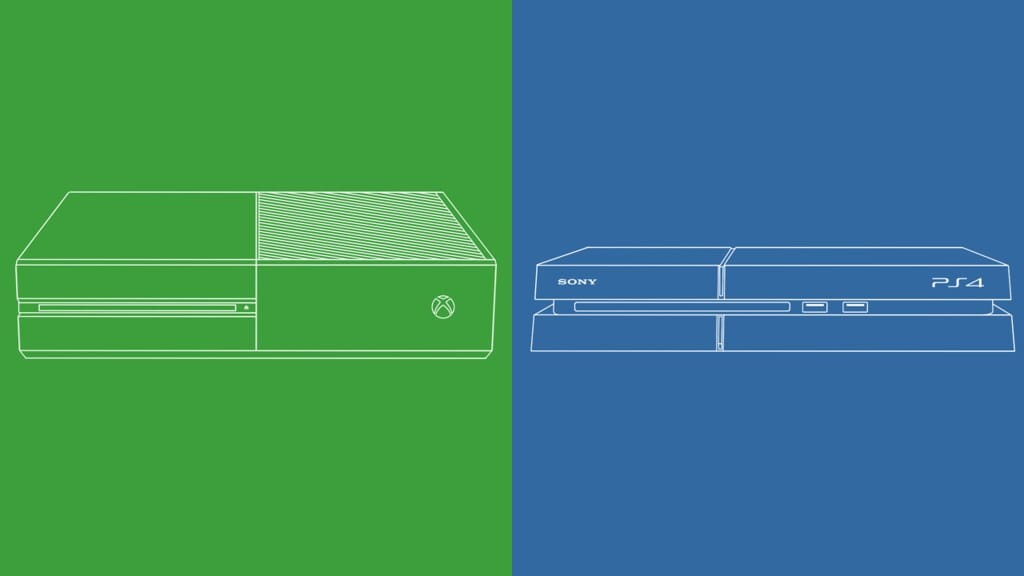Valve's Gaming Empire: From PC Dominance to the Next Digital Frontier
After conquering PC gaming with Steam and revolutionizing portable gaming with the Steam Deck, Valve stands at a crossroads that could reshape the entire gaming industry once again.
Valve Corporation has achieved something remarkable in the gaming world: they've built an empire that spans from digital distribution to hardware innovation, fundamentally changing how millions of people play games. With Steam commanding an estimated 75% of the PC gaming market and the Steam Deck breathing new life into handheld gaming, the question isn't whether Valve has conquered PC gaming—it's what mountain they'll climb next.
The Steam Revolution That Changed Everything
When Valve launched Steam in 2003, digital game distribution was a radical concept. Today, Steam hosts over 50,000 games and boasts more than 120 million monthly active users. The platform generates billions in revenue annually, with Valve taking a 30% cut from most game sales—a model that inspired (and sometimes frustrated) the entire industry.
Steam's dominance isn't just about numbers. The platform has become synonymous with PC gaming culture, offering everything from user reviews and community features to major sales events that have become cultural phenomena. The Steam Summer Sale alone generates hundreds of millions in revenue, turning game purchasing into a social event.
Hardware Ambitions: The Steam Deck Success Story
Valve's 2022 launch of the Steam Deck marked their boldest hardware gamble yet. Unlike previous attempts like the Steam Controller or Steam Machines, the Steam Deck found its audience. With over 3 million units sold in its first year, the handheld device proved that PC gaming could successfully transition to portable form.
The Steam Deck's success lies in its execution: it runs a custom Linux-based operating system called SteamOS, plays thousands of existing Steam games, and offers the flexibility of a full PC in a handheld format. More importantly, it demonstrated Valve's ability to create hardware that serves their software ecosystem.
The Platform Wars Heat Up
Valve's dominance hasn't gone unchallenged. Epic Games Store continues to court developers with better revenue splits and exclusive titles. Microsoft's Xbox Game Pass represents a subscription-based threat to traditional game sales. Even Apple and Google are making plays for gaming supremacy through their mobile ecosystems and cloud gaming initiatives.
However, Valve's response has been strategic rather than reactive. They've invested heavily in Linux gaming compatibility through Proton, reducing dependence on Microsoft's Windows ecosystem. They've also expanded Steam's social features and introduced new ways for creators to monetize their work.
What's Next for Valve?
Industry analysts point to several potential directions for Valve's next major move:
Cloud Gaming Integration: While competitors focus on streaming, Valve could integrate cloud capabilities into Steam, allowing seamless transitions between local and cloud gaming. This would leverage their existing library advantage while addressing hardware limitations.
VR and AR Expansion: The Valve Index VR headset showed promise, but VR adoption remains limited. Apple's Vision Pro launch signals renewed industry interest in mixed reality. Valve's next move could involve making VR more accessible through Steam integration and Steam Deck compatibility.
Mobile Gaming Breakthrough: With the Steam Deck proving portable PC gaming works, a Steam-powered mobile gaming platform could challenge iOS and Android dominance. This would require significant investment but could unlock massive new markets.
AI and Game Development Tools: Valve has historically supported mod communities and user-generated content. AI-powered game development tools could democratize game creation, potentially creating an entirely new category of Steam content.
The Bigger Picture
Valve's next chapter isn't just about gaming—it's about digital entertainment ecosystems. Amazon, Apple, and Google have built platforms that extend far beyond their original purposes. Valve has the user base, technical expertise, and financial resources to expand similarly.
The company's decentralized structure and long-term thinking give them advantages over publicly traded competitors focused on quarterly results. This allows for moonshot projects and patient capital allocation that could pay enormous dividends.
Conclusion
Valve's conquest of PC gaming was just the beginning. With Steam as their foundation and the Steam Deck proving their hardware capabilities, they're positioned to influence the next generation of gaming technology. Whether through cloud integration, VR innovation, or entirely new platforms, Valve's next move will likely be as transformative as Steam was two decades ago.
The gaming industry is watching, and for good reason—when Valve makes their next big play, it usually changes everything.

